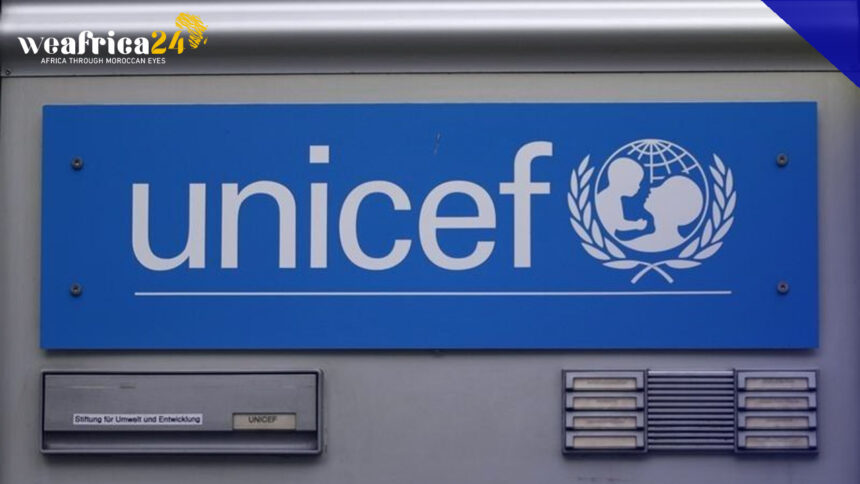As Nigeria joins the global community in observing the International Day of Education, UNICEF lauds the substantial strides made in providing educational access to 7.2 million children in humanitarian settings across the country. This commendation is articulated in a statement released to the press in Abuja on Wednesday by Safiya Akau, Communications Officer at UNICEF Nigeria.
Quoting Cristian Munduate, UNICEF Nigeria Country Representative, Akau conveyed appreciation for the collaborative endeavors of the government, donors, and partners. Munduate emphasized the need for concerted action to fortify school safety in Nigeria, citing a recent evaluation revealing that only 43 percent of the Minimum Standards for Safe Schools are met on average in approximately 6,000 assessed schools.
The evaluation underscores challenges in ensuring the safety of school infrastructure and addressing risks such as violence, conflict, and natural hazards. While acknowledging Nigeria’s commitment to fostering secure school environments through the endorsement of the Safe Schools Declaration and the development of Minimum Standards for Safe Schools, Munduate stressed the imperative for further progress and called for collective responsibility in safeguarding the educational milieu for every child.
Munduate highlighted the pivotal role of education as a driver of gender equality, economic growth, and social development. However, she lamented that many Nigerian children still face barriers to education, with their learning journeys frequently disrupted by attacks on communities and schools, including student abductions. These challenges, Munduate noted, disproportionately affect adolescent girls, potentially hindering the strides made in girls’ education in Nigeria.
The UNICEF chief underscored that the 2021 attacks on schools, particularly in the North-East and North-West regions, resulted in learning disruptions for over 1.3 million children, necessitating precautionary school closures. She called for a multi-sectoral approach to enhance school safety, emphasizing comprehensive planning, coordination, and adequate resource allocation, especially in states with higher risks.
In addition to these efforts, UNICEF emphasized the importance of alternative learning platforms, such as the Nigerian Learning Passport. This digital platform, boasting over 750,000 users, provides curriculum-aligned materials and plays a crucial role in ensuring the continuity of education, particularly during school closures.
Munduate reaffirmed UNICEF’s commitment to collaborating with the Nigerian government, donors, and all partners to ensure that every child has access to a safe, inclusive, and quality education.
Notably, the theme of the 2024 International Day of Education, ‘Learning for Lasting Peace,’ serves as a poignant reminder of the crucial role education plays in promoting peace and stability globally. It seeks to galvanize stakeholders, including federal and state governments, development partners, civil society, communities, and educators, to ensure safe and secure learning environments.







